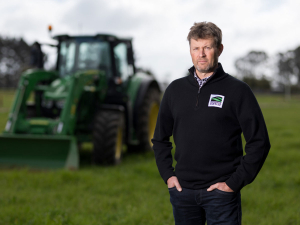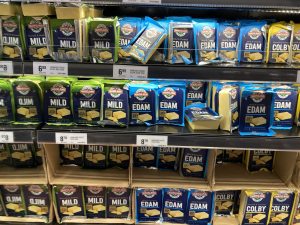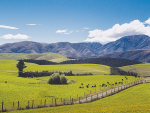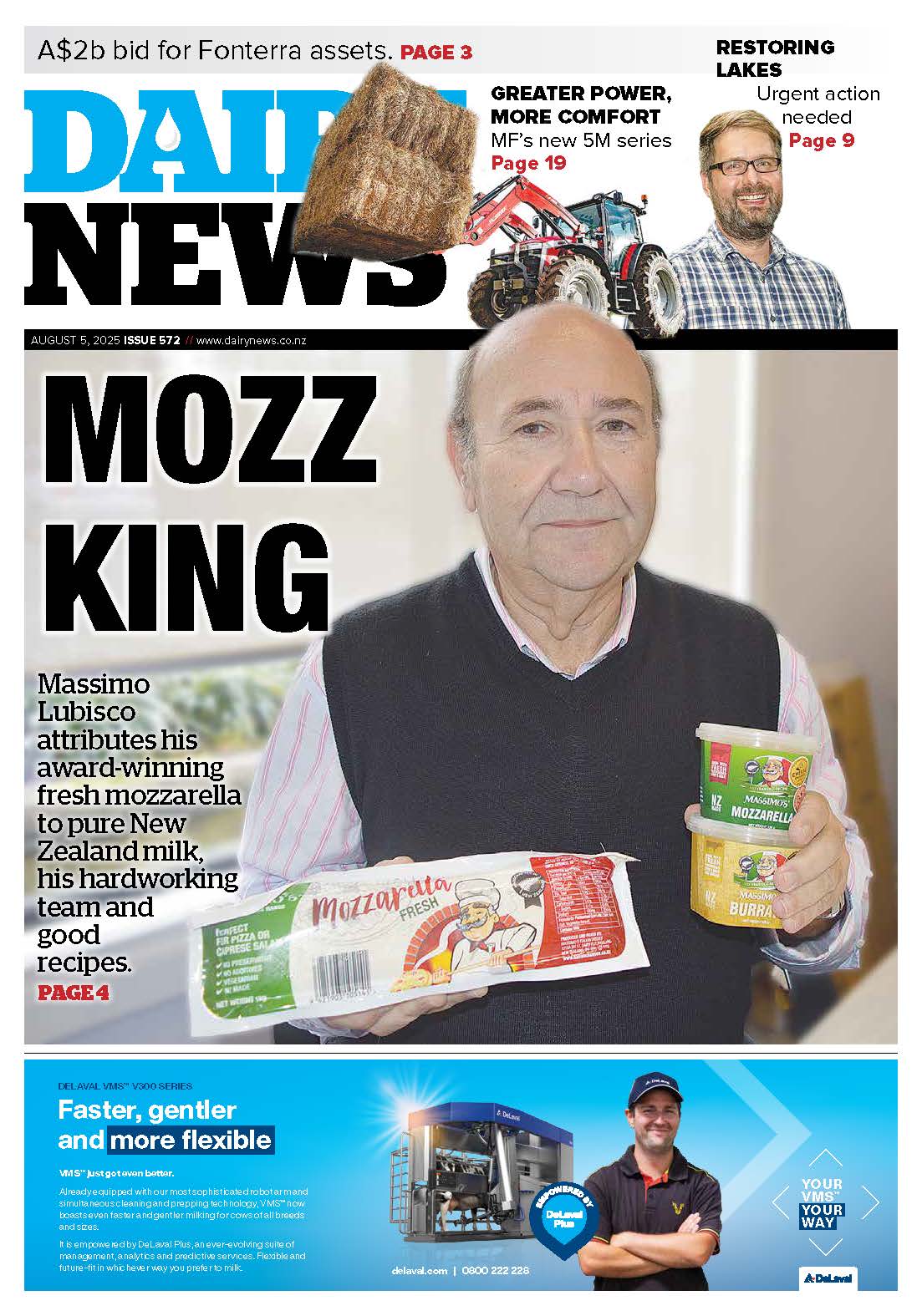In this he is seen as standing with Fish and Game, intent on saving small native fish while the nation looks to preserve and grow bigger fish in the form of GDP through the rise and rise of the dairy industry. Joy’s message is unpalatable, seen as throttling growth and profit.
Not long ago Joy was seen as a ‘trendy leftie’, but today many – though not all – of his messages are becoming mainstream. Farming leaders are saying things which mirror his messages. With few exceptions farmers do care about the environment and in different ways are doing things to mitigate some of the harmful effects of the industry.
Joy is right to point out that New Zealand’s main competitive advantage rests with its ‘clean green’ image and that any tarnishing of this helps open the door for competitors. European dairy farmers have stricter environmental rules than apply in New Zealand, which risks being knocked off the ‘clean green’ perch.
The messages of Joy and others don’t deserve to be dismissed out of hand. Talking to him rather than about him might be more fruitful than some would have you believe. Not all growth is good and a way must be found whereby sustainable growth can be maintained without dire consequences.
The past year has seen too many brand-tarnishing incidents in and around the dairy industry, including the destruction of vegetation on a QE II covenanted block of land.
Zero tolerance is required and farmers who can’t and won’t comply with reasonable rules need to be ‘dismissed by lunchtime’ from the sector. The stakes are too high for persisting with the ‘wet bus ticket slap over the wrist’ as once seen.
It is imperative that the dairy industry remains profitable, but it must be rigorous in setting and achieving high standards of environment sustainability.















